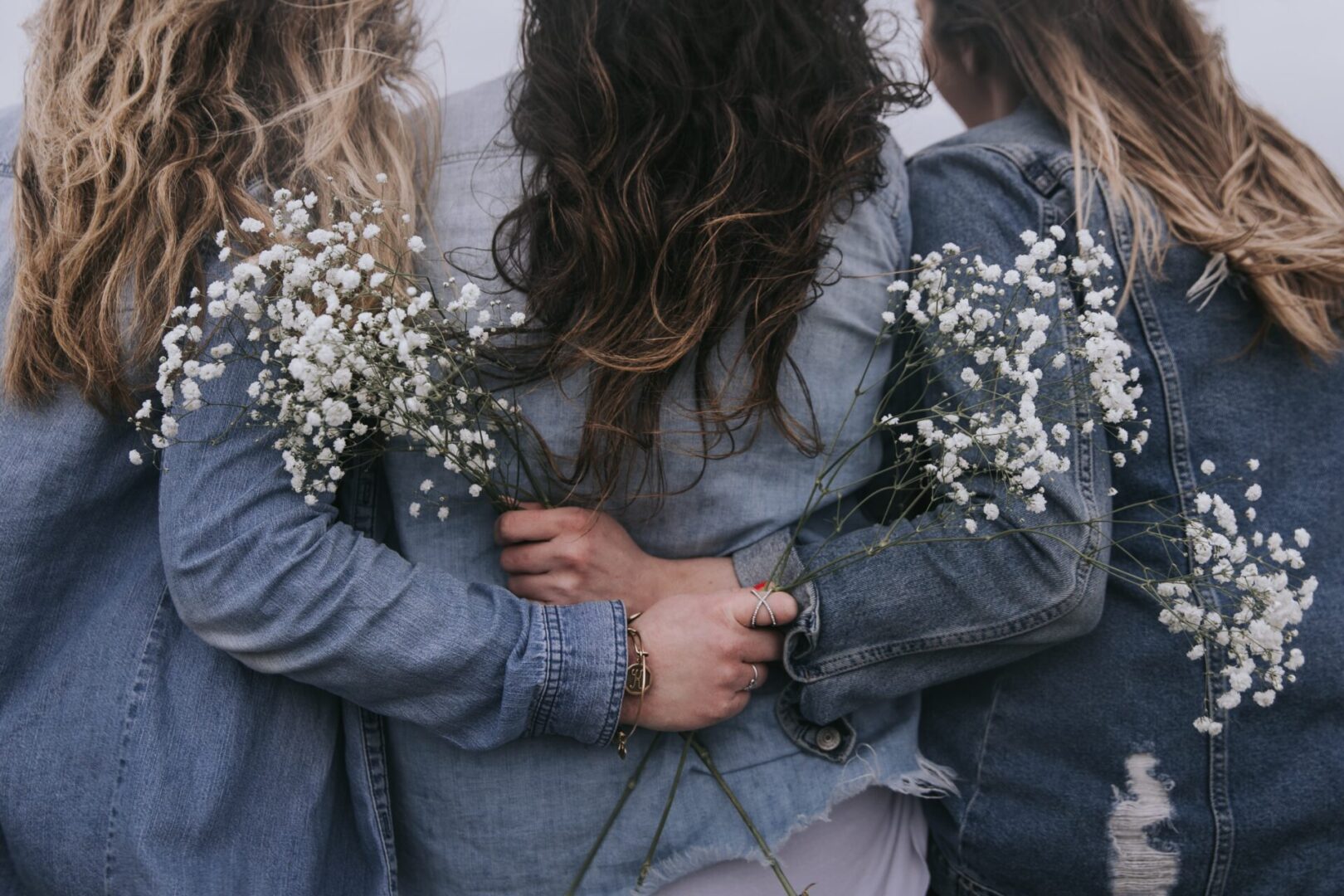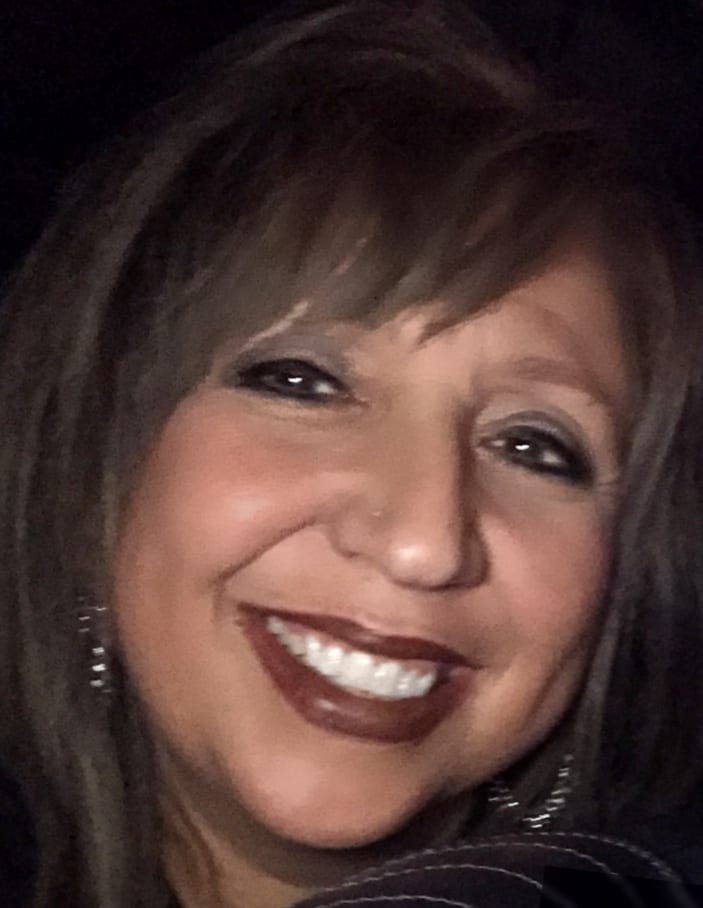Filtering & Selfies

I have contemplated writing these thoughts, but I feel it is important that we honour ourselves as women. We come in all shapes, sizes, colour, etc., and it saddens me to see young women posting their filtered selfies. Did you know that 90% of women report using a filter or editing their photos before posting to social media? These filters are used to even out their skin tone, reshape their jaw, nose and lips. These filters shave off weight, brighten or bronze their skin and even whiten their teeth. I am sure that these filters do a great deal more then mentioned.
Due to these beauty filters, young women are now seeking plastic surgeons to alter their appearance to look just like their filtered photos (this trend is called Snapchat dysmorphia). This is a term that describes the fixation many young women have about their appearance on social media. While this isn’t a real diagnosis, it is a term that recognizes that more people are experiencing a dysmorphia, or idea that there is something fundamentally flawed in their appearance.
These so-called beauty filters and images affect their perceptions of self and beauty. I would have great difficulty commenting on the beauty of my daughter or any other young woman when it is evident that filters have been used. As a society, in particular women, we need to look past these “fake†selfies and support our daughters and all young women that beauty comes from within.
Taking, looking at and sharing edited images of ourselves is fostering a fixation on how we look to others, to the point where it’s a mental health crisis unfolding before us.
This isn’t an attack on filters or even editing photos, they can be fun (hello Snapchat dog filter)
But I think we need to acknowledge how detrimental the use of them could be, how important it is for our mental health, to take a break from them every now and again. How are we going to be happy with what we look like in REAL LIFE – if we’re constantly editing every photo of ourselves to make us more satisfied with how others see us online. The continuous competition to see how many “likes†we can gather in a false filtered selfie. Taking, looking at and sharing edited images of ourselves is fostering a fixation on how we look to others, to the point where it’s a mental health crisis unfolding before us.
We cannot continue to ignore the overwhelming pressures these editing apps are placing on our young people in particular females. These editing apps are creating a resource that encourages and enable people to project an image of themselves that is not real, an image that also encourages others to do the same. At its worse it may be leading to increased anxiety, depression and body image insecurities. This does not have to be the case, we can intervene now to protect this generation online and from the negative side-effects of these apps.
What I’d like to see is a movement in the young generation that just doesn’t see this as cool anymore. It’s not cool to be so obsessed with how you look, to spend hours doing makeup, filtering, then posting pictures.
I’m not asking to ban these filters etc., but rather let people know when images have been altered so that other users don’t’ take the images on face vaule as real.
Being a good role model for girls involves: “Talking about people they might admire and follow because they’re interesting, healthy, positive — other things than what people look like.” I challenge each one of you that have daughters or know of a young lady to change how you comment on their selfies.
We should all be empowering one another and loving our flaws and loving those things that make us unique. It’s just really sad that we’re not being as confident and just portraying ourselves as we are. So my challenge is that if your daughter(s) are using filters on their selfies have a heart to heart discussion with them. Educate them on their inner beauty and not on the false beauty that these apps portray.
